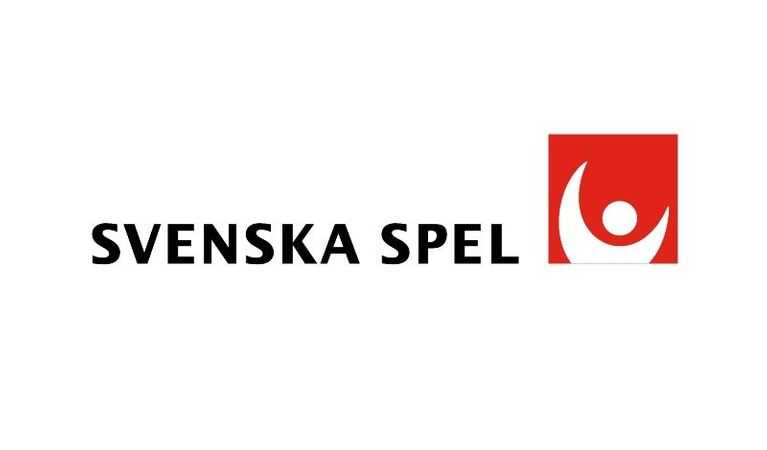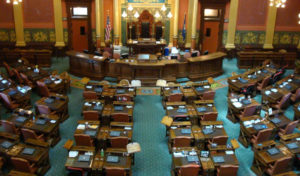Sweden’s push for a regulatory change of its gambling laws will now allow the country to join the European poker fray and Svenska Spel the state-owned operator, will soon be far from the only venue where lovers of online poker can turn a pretty dollar based on their merits and understanding of the game. The law is scheduled for sometime in 2019, with the first-quarter cited as the most possible date.
The EU Steps Its Game
Not many people thought the day would come that Sweden would see the sluice gates of online gambling and poker pried open, much to the benefit of the local buffs. The European Union Commission spent quite some time knocking at the gates of Sweden, arguing that the country’s gambling legislation was at odds with EU gaming laws.
And so it was under EU pressure that Sweden slowly shuffled into an industry that is now moving to comply with the proposed EU laws. The debate that led up to this point was both heated and on occasion embarrassing. A minor example is the Swedish government’s request to remove all gambling apps from the App Store that are not Swedish, for example.
The Newly Regulated Market
The newly regulated market will be quite unifying, allowing players to be pooled together. We have seen similar moves in France and Spain where the two countries have decided to throw in their lots together and play for higher stakes.
Conversely, all operators, poker or gambling, will have to obtain licenses if they want to continue operating. The Swedish Gambling Authority (SGA) will be empowered to crack down on any illicit operators.
The push for a regulated poker is also quite palpable. Besides Spain and France, Portugal is also part of the shared poker pool, which allows players to play for substantial sums of money and additionally incentivize people to try the game more often.
Recently, it has also been said that Italy will be the next EU Member to take seriously the legalization of its online poker industry. With this in mind, the country is now planning to release plans for shared-liquidity which will be made public in 2019 and chart a way for a regulated and yet liberal industry in the months to come.
By adding some of the largest states in shared-liquidity schemes, it’s evident that there has been a considerable warming up to the idea of creating gambling practices that undergo the desired social responsibility checks and ensure the well-being of the industry.
The Push Towards Liberalization
Despite strong opposition, markets are now finally opening up. Sweden, Spain and Germany have all seen an unprecedented number of online marketing of gambling operators, including poker. In Spain, in particular, the government has been quite generous by slashing 20{c118e36310c7bc75bef8f724f80ee0a52cfaf44be22f7e80906142f4c81518da} of the tax for all online operators.
The regulatory let-up is quite pronounced and by all accounts – expected to continue well into the next years, turning Europe into one of the most liberal places to play poker in the process.







